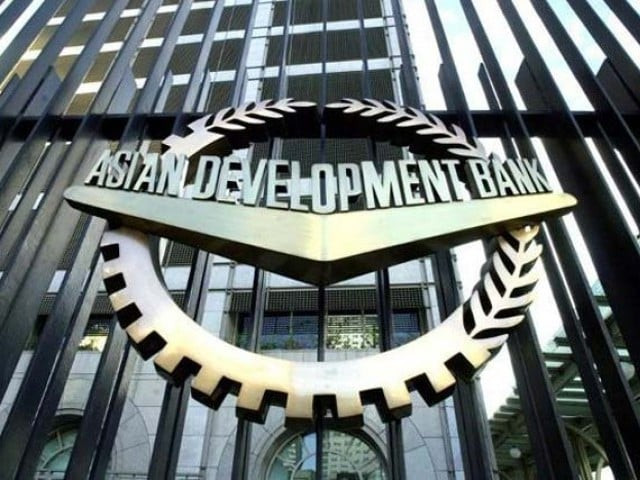Falling short of targets
Burdened with debt and driven to the doors of donors, Pakistan has not looked towards its own public to raise revenue

Burdened with debt and driven to the doors of donors, Pakistan has not looked towards its own public to raise revenue. PHOTO: AFP

Time and again, international lenders have called for reforms to Pakistan’s tax machinery. Burdened with debt and driven to the doors of donors and lenders amid rising defence spending, Pakistan has not looked towards its own public to raise revenue. Instead, it keeps looking for the easy way out, repeatedly asking global lenders for help. Falling tax collection has not only forced the government to increase indirect taxation, but has also led to the country missing growth and budget deficit targets. If the performance of the first two months of the current fiscal year is any judge, collecting an ambitious Rs3.104 trillion seems like a tall order. Refunding claims will only make things worse for the Federal Board of Revenue.
Another crucial point the ADB raised — that mostly gets ignored in this part of the world — was gender disparity in the workplace. In a special themed chapter, the ADB has noted that while Asia’s economic boom may have helped women in many ways, their labour force participation has gone down in the last 23 years. It also highlighted the hypocrisy where countries want increased female participation in the workforce, but little is done to remove obstacles for women, such as hindrances to reach senior positions and the pay-gap. Pakistan is not exactly known for promoting women in the workplace. Cultural barriers, artificially erected to protect male egos, have got in the way. These are some serious worries for our rulers who do not miss any opportunity to boast of its Malalas.
Published in The Express Tribune, September 29th, 2015.
Like Opinion & Editorial on Facebook, follow @ETOpEd on Twitter to receive all updates on all our daily pieces.














COMMENTS
Comments are moderated and generally will be posted if they are on-topic and not abusive.
For more information, please see our Comments FAQ